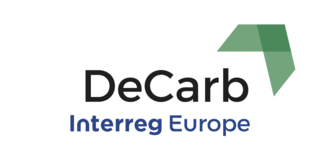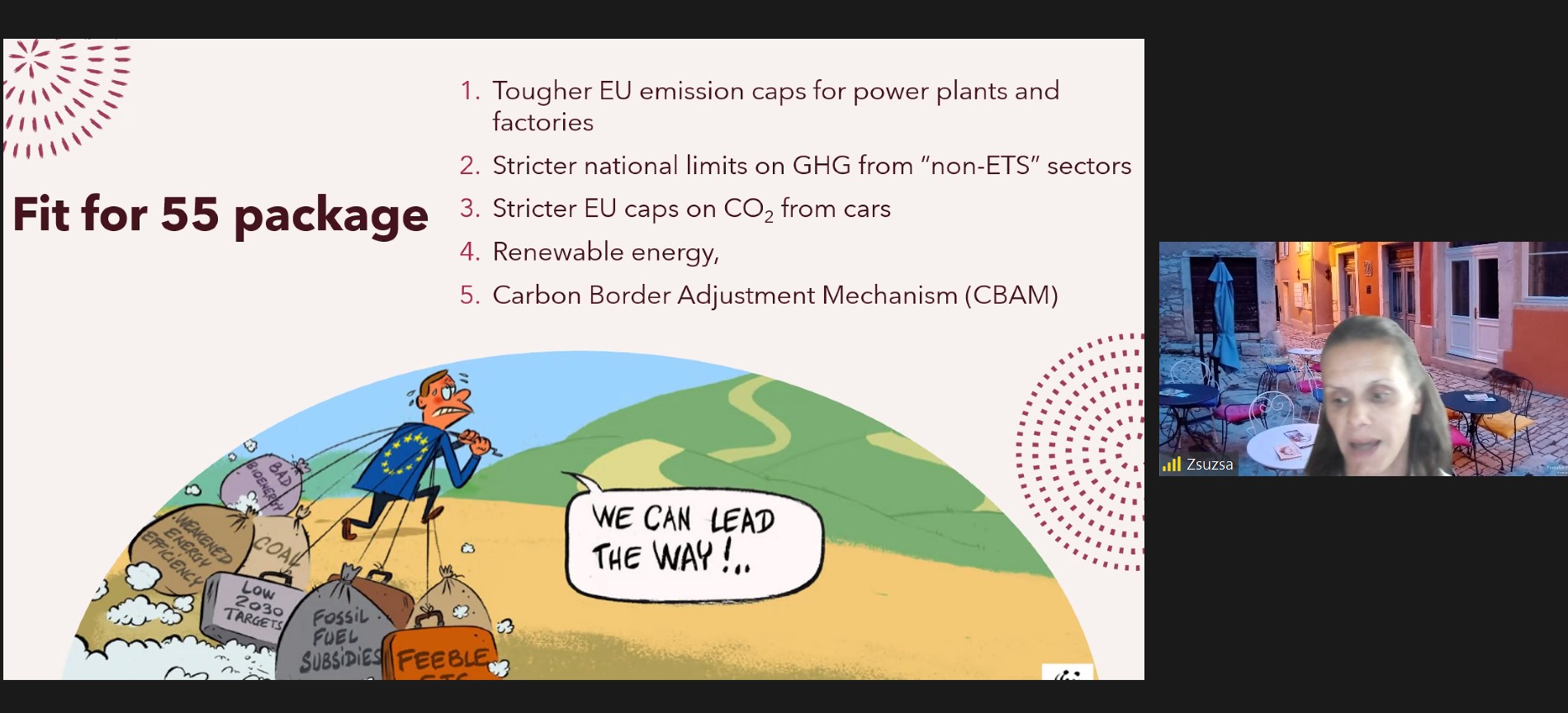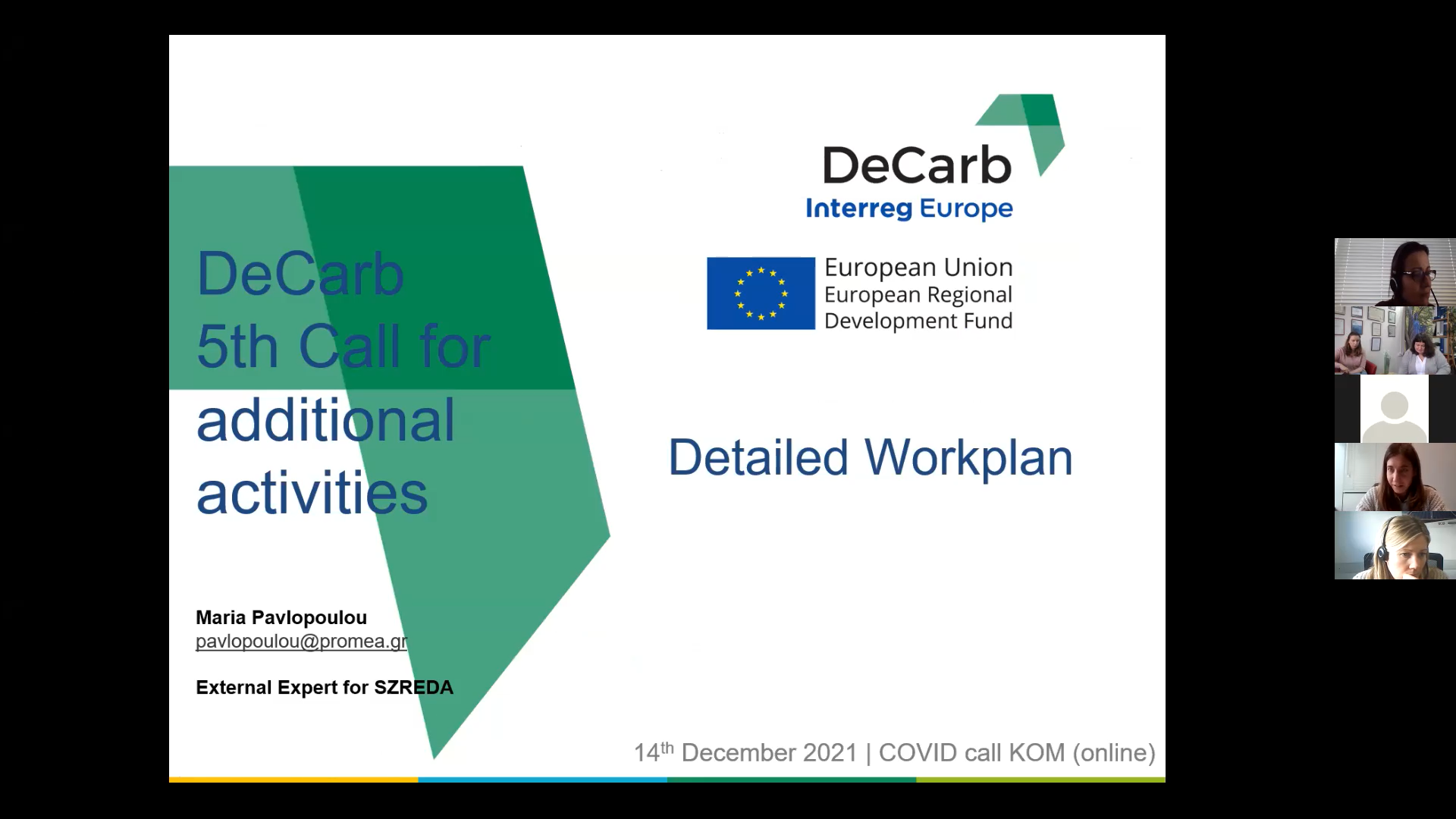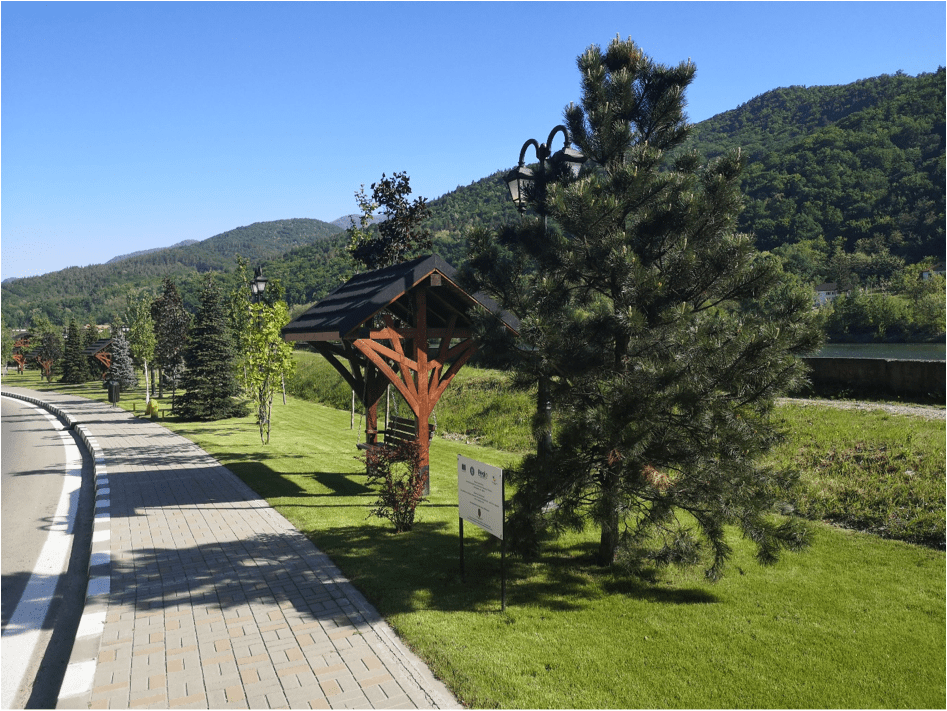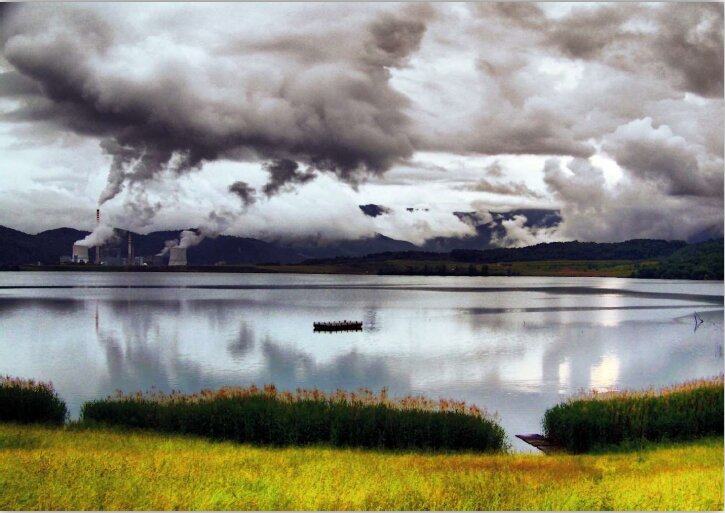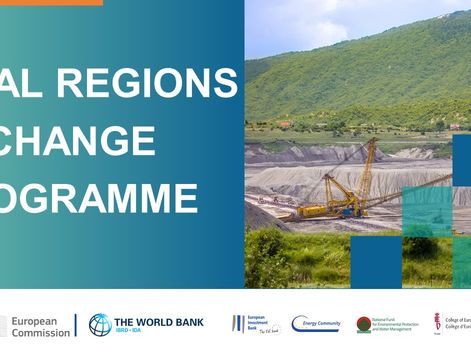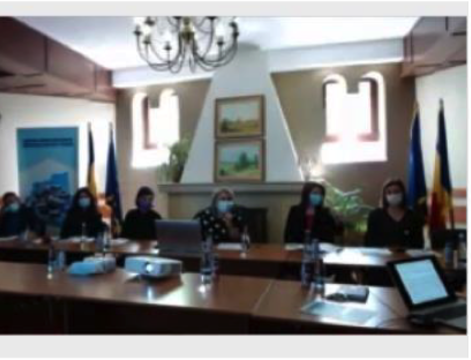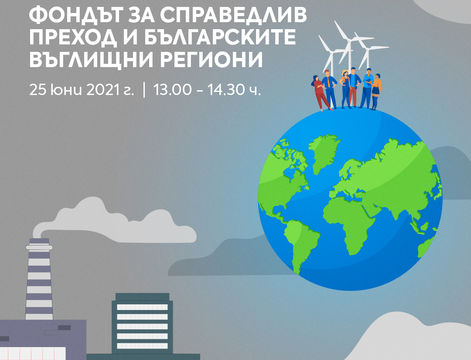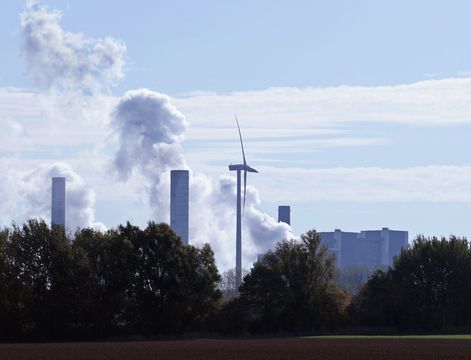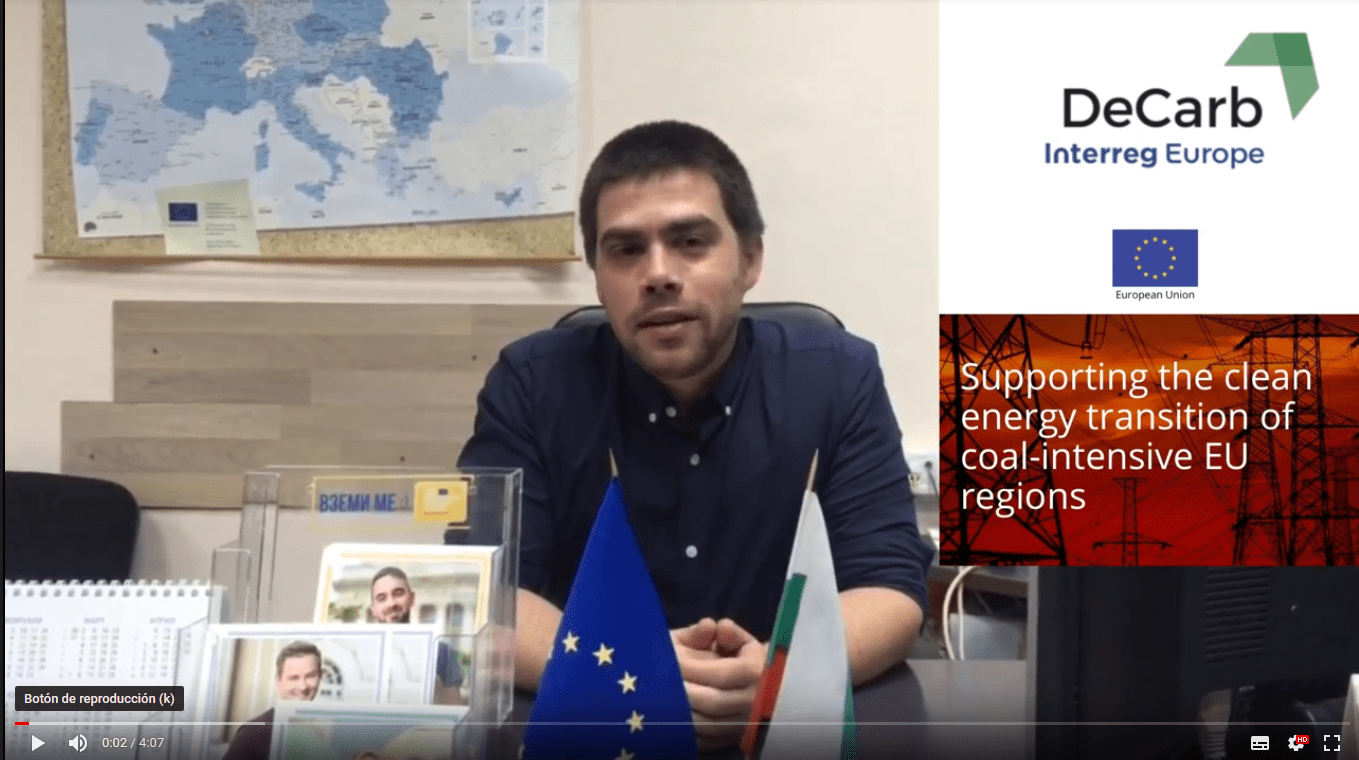The 7th Bioeconomy Congress, one of the most important events in the calendar of the Łódź Province, took place on 7 October this year and was attended by over half a thousand participants.
Also, companies applying innovative solutions, universities, representatives of state and local authorities... debated during 18 thematic panels. Topics discussed included climate change, the fight against smog, waste management, green public procurement, geothermal potential of the region, and sustainable agriculture in the Łódź Province.
The organizer of the 7th Bioeconomy Congress is the Lodz Voivodeship, which is particularly interested in supporting local biosocieties: villages, towns, small and large communes, and promoting sustainable development, using waste as raw materials for further processing, initiating local business chains, and thus creating new jobs in the bioeconomy.
The most important message of the Congress is to promote the bioeconomy as a sector with a huge potential to influence the economic and social development of the regions. It is an event for all those who are interested in the exchange of knowledge and practical solutions in the field of, among others, industrial biotechnology, circular economy, functional food, construction of green houses, or zero-energy biosociety.
Deputy Director of the Promotion Department Mr. Marcin Podgórski took an active part in the discussion panel called "Anti-Smog Forum". During the lecture he presented the assumptions, objectives and achieved results of the project ""Supporting the clean energy transition of coal intensive EU regions" " implemented under the Interreg Europe programme in the International Projects Department (DeCarb). The aim of the DeCarb project is to support coal-intensive European regions in their transition to clean energy without compromising the economic stability of regions affected by decarbonisation. The event served as a pretext to discuss the project's analyses on SWOT diagnosis, land reclamation, good practical decarbonisation in the EU, socio-economic impacts.
Discussions also concerned the processes of implementing ecological projects from the idea to the launch of the project. The debate was based on the example of the construction of a bio-refinery in Grand Forks in the USA. The discussions also focused on climate change, specifically on the disturbance of the water cycle, which results in a growing risk of flooding and prolonged periods of drought. An interesting panel was bio-innovation for small and medium enterprises. Examples of solutions how to obtain energy or bioproducts from waste from agri-food industry or what applications biopreparations can be used in agriculture and food industry were presented.
- In order to realise the bioeconomy and all its assumptions, a huge material effort and funds are needed. Most of the tasks related to climate policy, including the bioeconomy, are financed from European funds. Today is an exceptional moment, because it can already be said that approximately PLN 10 billion is being allocated, but we are on the verge of negotiating a new perspective. The European Commission poses serious challenges, i.e. 25% of the budget is to be allocated to climate policy. There are many challenges ahead of us on which we must find a way forward. In our strategy we have outlined that development must be sustainable," adds Waldemar Buda, Secretary of State at the Ministry of Investment and Development.
- Biotechnology is one of the key smart specialisations of the Łódź Province and the regional government places particular emphasis on this objective. Environmental protection, agri-food processing is also a problem of smog: we are talking about reducing emissions, we are looking for new sources of energy. The Technical University of Łódź is very actively involved in all these matters. The three faculties of our university are related to biotechnology, which is a huge scientific and research potential and students as future staff for biotechnology companies. And the bionanopark itself, which was created to create these state-of-the-art technologies there, is also a response to the needs of this iteligent knowledge in the field of biotechnology - says Włodzimierz Fisiak, a councillor of the Łódź Voivodeship Sejmik, Chancellor of the Łódź University of Technology.
The event was an excellent opportunity to exchange knowledge and experience among the international community (practical solutions in the field of industrial biotechnology, circular economy, construction of green houses, or zero-energy biosociety).
For further information, please visit: bioeconomy.lodzkie.pl/en/home-1-en/;
